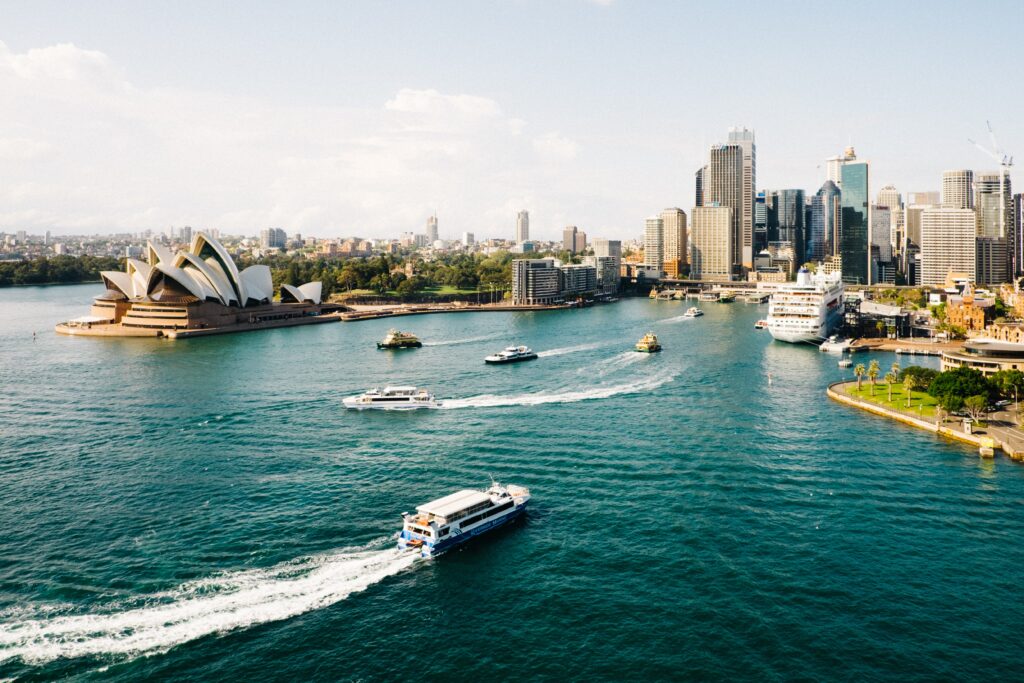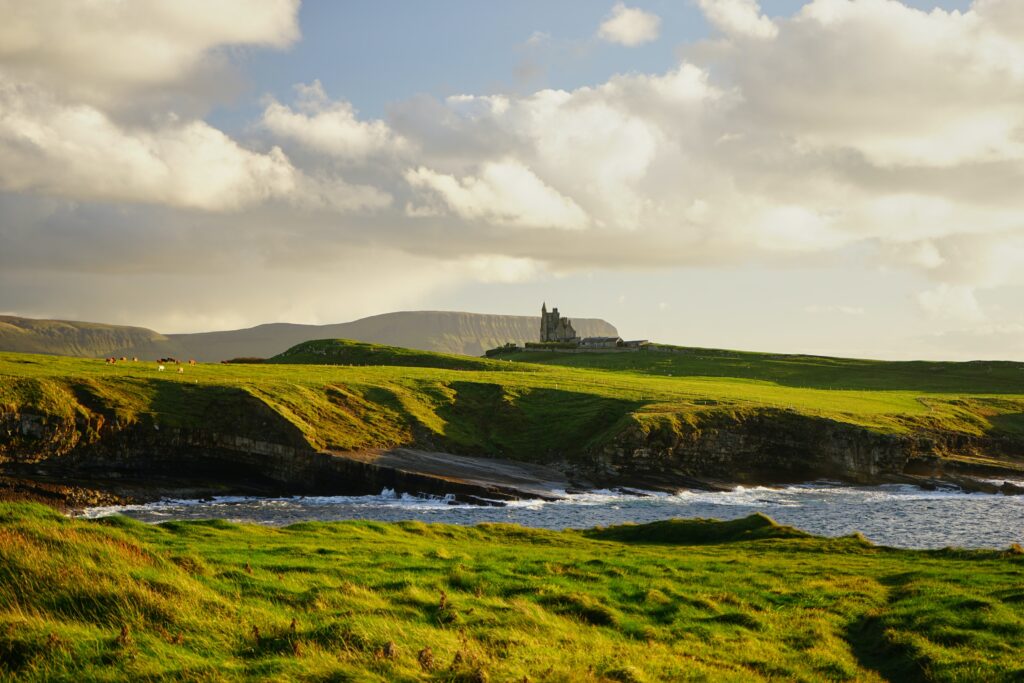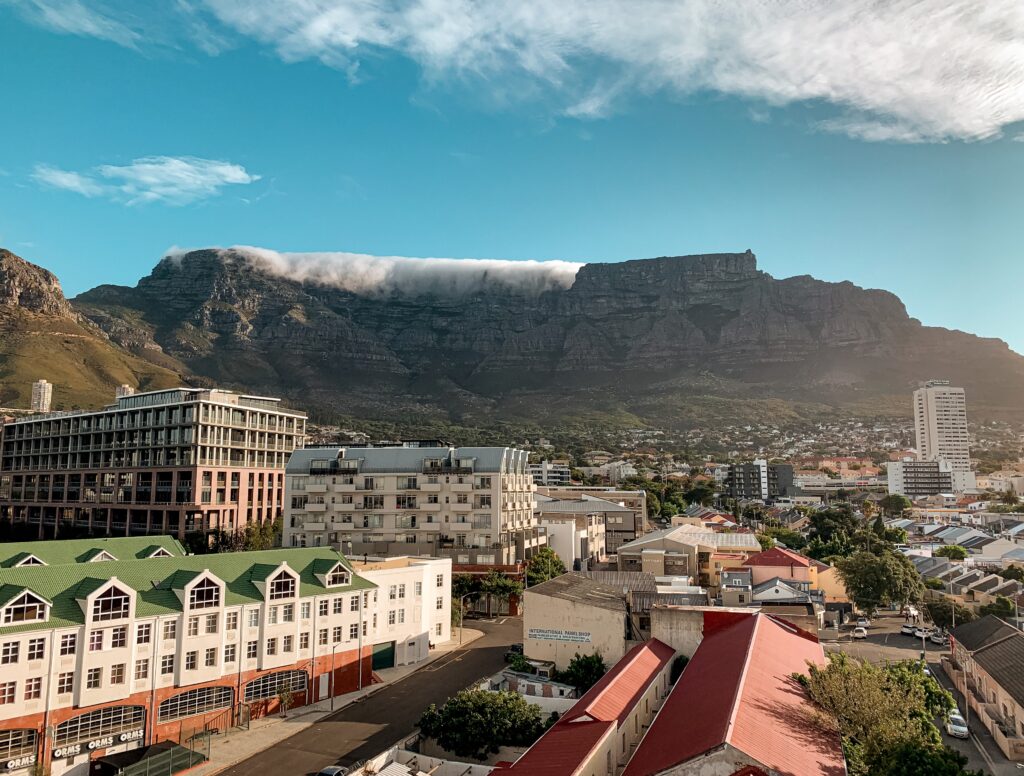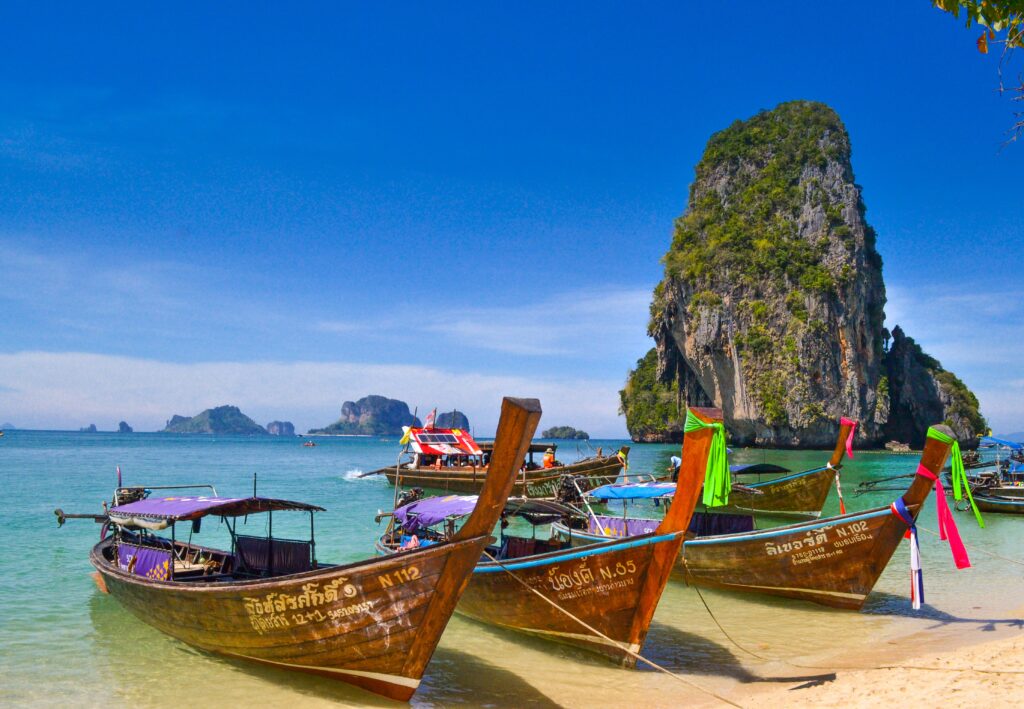14 LGBTQ-Friendly Countries Open to American Travelers
Ireland, New Zealand, and Scotland are just a few countries changing their COVID protocols and or showing signs that their borders are opening up once again to international travelers.
If you’re planning a fun gay-friendly getaway to visit one of these destinations, you may find it difficult to wrap your head around what the restrictions are from country to country, but we’re here to help you travel safely. Be advised the COVID restrictions listed in this article are subject to change.
We’ve added good resource links for each country, but don’t forget to always do your research for the most recent updates on your final destination’s travel restrictions and COVID protocols.
Australia
Who’s finally ready for a trip Down Under? Australia opened its borders to vaccinated tourists on Feb. 21, 2022. All international travelers must show a negative COVID-19 test result before boarding their flight. You can choose to take a PCR test within 72 hours before departure or a negative Rapid Antigen test within 24 hours. Eligible visitors are also required to complete a Digital Passenger Declaration at least 72 hours before departure. Unvaccinated travelers who qualify for a travel exemption application will be required to quarantine at a hotel.

Canada
Vaccinated tourists must test negative for COVID-19 before traveling to Canada, carry paper copies of their vaccination records, and upload their documents to the ArriveCAN app or website. Visitors must then wait two weeks after completing their vaccine course to enter the country.
Germany
Fully vaccinated travelers may enter Germany without a test. Children under 6 are not required to test. Unvaccinated adults must demonstrate a reason to enter Germany. Unvaccinated travelers can also visit the country but must arrive with a negative COVID-19 PCR test taken within 72 hours, get a follow-up PCR test on the third day after arriving in the country, and complete an application with their contact details and travel history.

Greece
Heading to Greece? If so, the country is welcoming fully vaccinated tourists and other foreign visitors with coronavirus antibodies or negative test results. Travelers must bring their vaccination card, or negative PCR test results, as well as the QR code provided by the Greek government once visitors fill out a Passenger Locator Form before arrival. Flight passengers are subject to random testing (PCR or rapid test), upon arrival. If a traveler test positive, then they will have to quarantine for five days.
Vaccinated travelers must have completed their vaccination course at least two weeks before their arrival in Greece, or tested negative via PCR test no more than 72 hours before arrival.
Ireland
As of March 8, 2022, Ireland has ended all COVID-19 requirements for international travelers. International travelers will no longer be required to show proof of vaccination, recovery, or a negative PCR test upon arrival. Tourists traveling to Ireland will no longer have to complete a COVID-19 Passenger Locator Form.

Italy
International travelers can enter Italy by simply showing they have been fully vaccinated within nine months or have received a booster shot. A PCR test is not required for vaccinated travelers.
Malta
Vaccinated American travelers may enter Malta without quarantine or testing as long as they have documents approved via the VeriFly app. Unvaccinated travelers must quarantine in a designated facility upon arrival. All passengers must fill out the Passenger Locator Form. Americans must upload their vaccination information to a CDC-verified app to enter Malta.

The Netherlands
The Netherlands welcomes American travelers for nonessen tial reasons if they are fully vaccinated, according to the government. As of September, all American travelers, including vaccinated ones, must show proof of a negative test to enter – either a PCR test taken within 48 hours of departure or a rapid antigen test taken within 24 hours of departure. Travelers must fill out a Health Declaration form.
New Zealand
After two years of no international visitors, New Zealand will reopen to international travelers from visa-waiver countries, including the United States and Britain, beginning May 1, 2022. The country will ease COVID restrictions, which include no quarantine period post-arrival. However, you must be vaccinated, have negative PCR test results before leaving your home country, and test negative when you arrive in New Zealand.

Portugal
Essential and non-essential travel is allowed in Portugal. So, if you’re a fully vaxxed American traveler make sure you can show proof of vaccination. Unvaccinated international travelers must show negative PCR Test results taken 72 hours before departure or a negative Antigen Test 24 hours before departure.
South Africa
Starting March 23, 2022, South Africa will no longer require negative PCR test results for vaccinated international travelers – proof of vaccination will do. Anyone who cannot show they are fully vaccinated will need to present a PCR test no older than 72 hours, and they will be offered vaccination. Masks are still required indoors.

Spain
Spain’s borders have reopened to vaccinated Americans; visitors are now required to have received the booster 14 days before entry into Spain. Unvaccinated will be able to enter Spain with a negative PCR test, provided their country has a low risk of COVID-19 as defined by the Spanish government.
Thailand
Thailand will eliminate the pre-travel PCR test requirement for vaccinated visitors on April 1, according to the Tourism Authority of Thailand, but will still require post-arrival testing and keep other measures in place. Currently, travelers must be vaccinated and show proof of a negative COVID-19 PCR test taken within 72 hours of travel.

United Kingdom
Vaccinated travelers no longer have to quarantine when entering the UK, and vaccinated American travelers can now skip getting tested before entering the country. Travelers must fill out a passenger locator form before arrival. The UK has also removed all COVID-19 restrictions and travelers do not need to wear a mask anywhere, including the airports.



